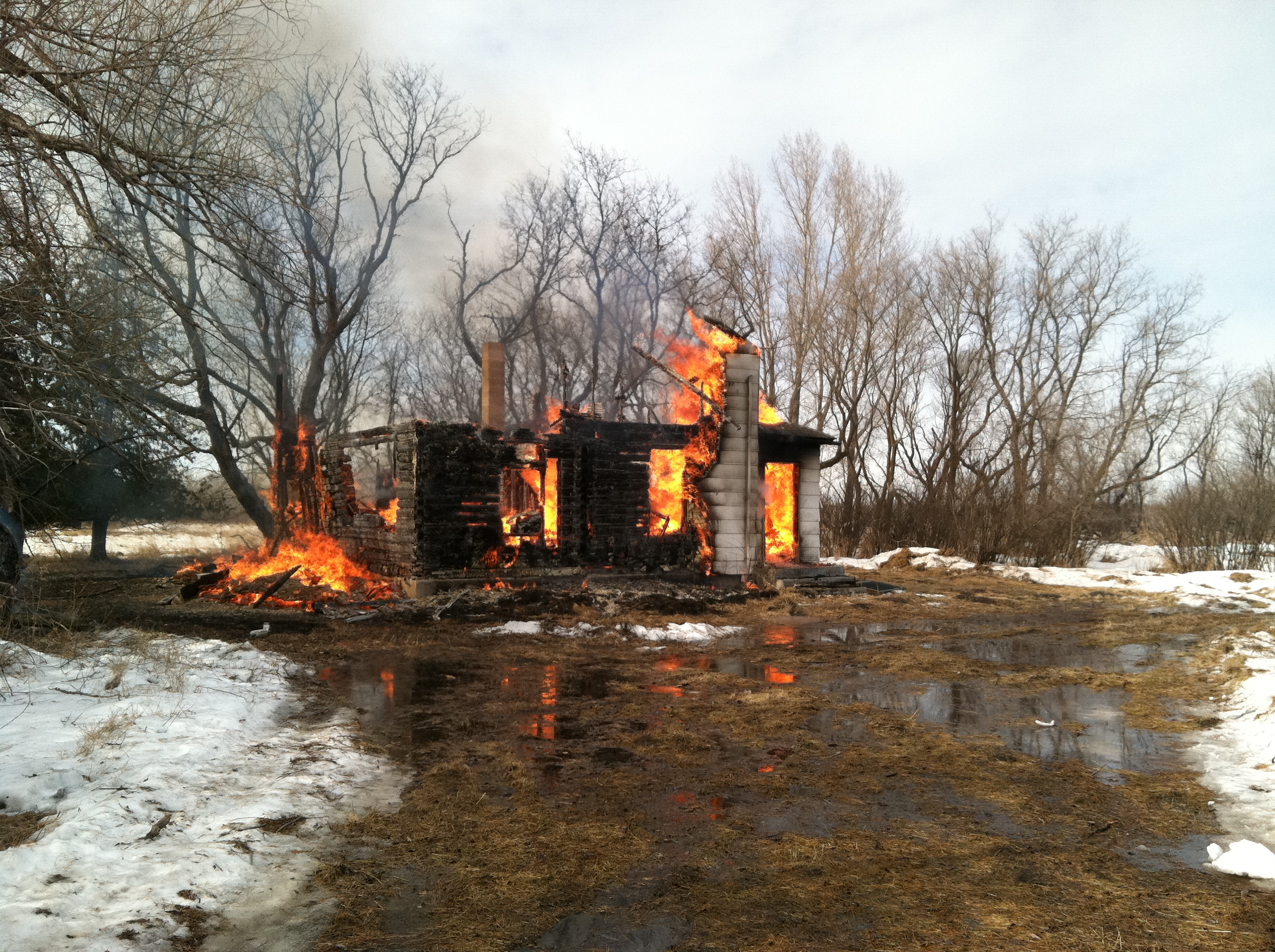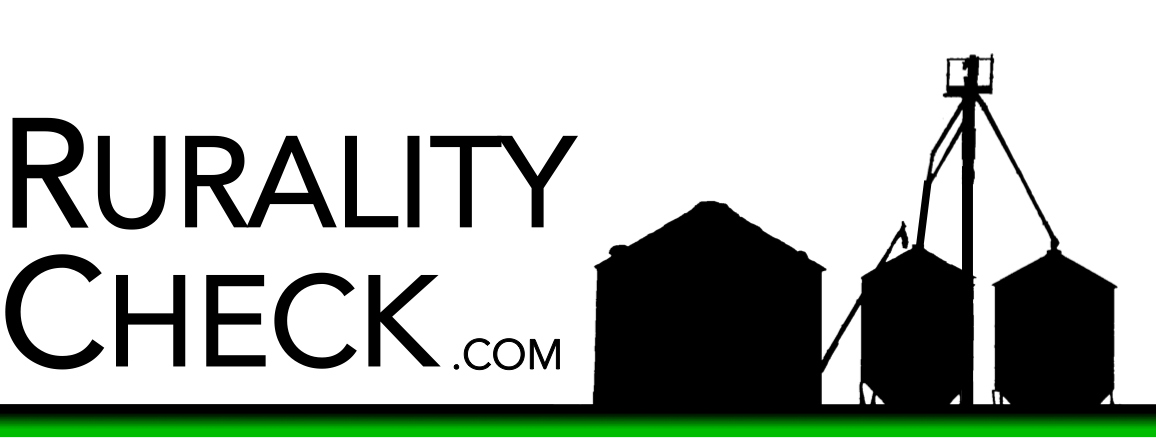
The more progressive wing of the Democratic Party has embraced housing as a human right. This sounds like a good idea—after all, it is the premise for Habitat for Humanity. Unlike Habitat for Humanity, though, how progressives execute their housing initiatives rubs rural people the wrong way. Specifically, rural people view federal housing projects as subsidizing the expensive choice to live in a city.
Let’s start with a(n) (over)simplified example. Imagine you live in a small town with two neighborhoods. The newer neighborhood, with bigger houses and bigger lots on the edge of town, is more desirable, and therefore more expensive. A couple of people on the city council, who happen to live in the newer neighborhood, say that the newer neighborhood is full. The people who live there are noticing that their property values, and therefore property taxes, are rising as a consequence of the demand. They can’t live there as comfortably as they once did.
These city council members have proposed spending citywide tax dollars to help the residents of the new neighborhood with their bills. Would you support that plan? Would you help them pay to live there?
Senator Kamala Harris (D-California) has proposed legislation that would do something similar. In her proposed Rent Relief Act, the federal government would subsidize housing, which would inevitably skew to high-value areas. (The left-leaning Harris’s office summarizes the bill here; the Washington Post gives a more moderate analysis here, and the libertarian-leaning magazine Reason weighs in here.) It is worth emphasizing that Harris is from California, the highest-priced state in the continental U.S.; her co-sponsors are Senators Feinstein (the other senator from California, also a Democrat), Blumenthal (D-Connecticut), and Hassan (D-New Hampshire). In the minds of these senators from the west coast and northeast, families in Topeka and Fargo should help pay the rent for people struggling to make ends meet in San Francisco and New York.
Rural people do not think this way. They think that if people can’t make it work in San Francisco or New York, then those people should move. Not to Tacoma or Yonkers, either—to Topeka or Fargo. Better yet, to Ottawa, KS, or Valley City, ND. Or better still, Waverly, KS, or Cooperstown, ND.
These options are unthinkable to many people in urban areas.
Our example of the two-neighborhood town is oversimplified, but it is oversimplified in a way that actually gives the proposed progressive plan the benefit of the doubt. We will add two layers to our example to make it more like the national case, and show how the Senate bill further assaults rural people’s understanding of demand for housing.
First, to align our example with the federal case, we should note that not all houses in our town are full. In fact, many of the houses in the older, cheaper part of our town sit vacant, in no small part because so many people have moved to the new neighborhood. In short, there is no actual housing shortage, only a shortage in some areas—the high-demand areas. So, the proposals from our city council members would force people in the low-demand areas to give money, through the city government, to people who choose to live in high-demand areas, all while houses sit empty in the old part of town.
This case better resembles our national case. Rural America is not facing a housing crisis like many cities and suburbs are. Many houses and lots sit literally vacant, but the bigger point is that housing prices are proper fractions of city prices. There are reasons for those lower prices, of course (e.g. less access to amenities and to certain kinds of work) but the availability as signaled by vacancy and low prices highlights the absurdity of throwing more money at scarce housing in high-demand areas. In fact, housing is available in rural areas precisely because there is such high demand for it in urban areas. One needn’t be an economist to see that further tipping the scales toward cities would only accelerate the problems of price and demand.
This is, at root, how rural people perceive efforts like Harris’s bill, which take tax money from everyone to subsidize people in high-rent areas. Urban progressives, of course, typically do not see it quite this way. To them, high-demand areas are the nice neighborhoods and nice suburbs of a metropolitan area, and low-rent areas are the bad neighborhoods and the crummy suburbs. Towns outside of that metropolitan area don’t get much consideration. As an extension, entire states away from the coasts are often ignored. To rural people, though, the entire city and all of the suburbs equate to the “expensive part of town.” Virtually anywhere near an ocean does, too. Exactly where you live within a metro area or on the coast is a mere detail. Rural people don’t want to pay to help you live there at all, especially if you could move to the empty, cheap house next to them.
The next layer of complexity is cost of living. In our small-town example, real estate is the only cost that differs between the neighborhoods. When people move to metropolitan areas, though, their rent or mortgages increase, but so do other costs, like food and other services (especially child care). So, if someone in our simplified small town moves to the nice neighborhood, people might think it’s unnecessary or wasteful, but at least that person isn’t taking on other, non-housing-related expenses. When people move to a city, though, other costs go up alongside their rent. (Wages often do, too, but we will cover that more in-depth another time.) Rural people are unsympathetic when people in urban areas can’t make ends meet. In fact, many rural people wonder how anyone can make it there at all.
Overall, when rural people hear urban progressives say that housing is a human right, they hear the progressives say that urban housing is a human right. These are different things. Rural people don’t want to pay for other people’s high-cost choices, especially when many rural people made different choices precisely because of those high costs. To even ask them to pay for those choices can be interpreted as a slap in the face.
In the case of housing, rural people may align with conservatives, but that does not reflect a commitment to conservative principles, per se. Instead, it reflects progressives’ failure to speak to rural people, or to craft their policies for a public that includes rural people. Interestingly, many rural people contribute to initiatives for low-income housing via organizations like Habitat for Humanity. The Habitat model is famous for demanding investment, both of money and effort, from the eventual homeowner. That model gains support when people can help build homes in their own communities, where costs of living are identical. Many of these rural people on a Habitat building site would not support housing-subsidy proposals like Senator Harris’s bill.
Many urban people fail to consider that living outside the city is even an option, and as a result, demand and price continue to skyrocket in urban areas. If progressives want rural voters to agree that housing is a human right, they should consider whether they are using “housing” as a code for higher-priced, urban housing that rural people themselves do not have. Rural people understand that housing is a major expense, but they also understand that the demand for convenience and career options drives those prices upward in cities and suburbs. City living is indeed a choice, and it’s a choice for which the chooser should have to pay.

P. A. Jensen is editor of RuralityCheck.com.
He lives in northern Minnesota with his wife and son.

